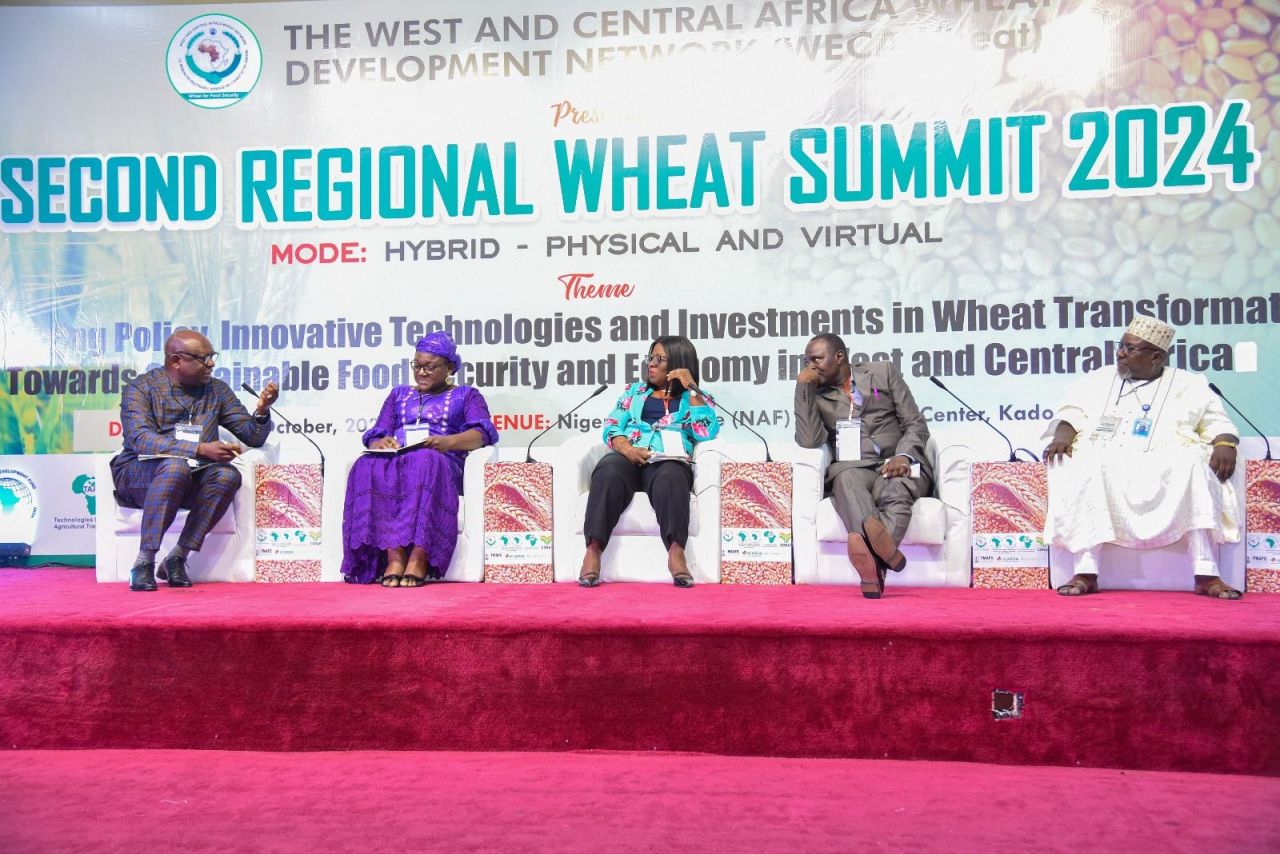
Available data by the West and Central Africa Wheat Development Network (WECAWheat) has shown that Nigeria spends $3.03 billion annually on wheat importation despite increased production.
The network, while raising concern over the widening demand and supply gap, noted that over 200,000 metric tonnes of wheat are produced annually as against the 6 million metric tonnes demand.
They attributed the widening demand and supply gap to the growing population, urbanisation, and evolving preference for bread, noodles, and other wheat-based products.
Speaking at the second regional wheat summit 2024 held yesterday in Abuja, the Regional Coordinator of WECAWheat, Prof. Benjamin Uni, pointed out that recent events, such as the COVID-19 pandemic, the 2022 Russian-Ukraine war, and India’s wheat export ban due to heat waves, have further worsened the demand and supply gap.
He acknowledged the role played by the African Development Bank (AFDB) in responding to shocks in countries like Ethiopia and Nigeria through the development of strategies for wheat self-sufficiency.
He, however, appealed to the bank to extend such gestures to other member countries, including Cameroon, Mali, Burkina Faso, Niger, Senegal, Chad, Ghana, Togo, Congo Brazzaville, Gabon, Côte d’Ivoire, among others.
AFDB President Dr. Akinwunmi Adesina, who was represented by the Director General of the Bank, Dr Abdul Kamara, presented the keynote address on the theme of the summit, “Prioritising Policy Innovation Technologies and Investments in Wheat Transformation Towards Sustainable Food Security and Economy in West and Central Africa.”
Kamara stressed that the adoption of technology, supported by the right policies, can address problems faced by farmers in West and Central Africa, such as climate change, limited access to finance, and post-harvest losses, among others. He stated that agricultural technology can help advance food security in sustainable ways in the region.
He lamented that West and Central Africa import over 80% of its wheat, totalling billions of dollars annually, saying the dependency undermines food security, economic stability, and regional self-sufficiency.
He regretted that low yields, inadequate inputs, poor infrastructure, and inconsistent policies exacerbate this issue, saying, “Transforming West and Central Africa’s wheat sector offers immense potential for sustainable food security and economic growth. This will require appropriate policies, innovative technologies, and strategic investments.”
To further boost wheat production in the region, the DG urged the network to advocate for harmonised regional reforms that will promote trade in seeds, inputs, and grains, among others. He also urged them to leverage cutting-edge technologies in key transformative segments of the value chain.
He also called on them to embark on crowd financing for research and development, inputs, enabling infrastructure such as irrigation systems, storage, and processing facilities; through the promotion of increased public sector funding for agriculture, catalysing private sector investments, setting up agricultural development funds, and Incentive-Based Risk Sharing Facilities, among others.






